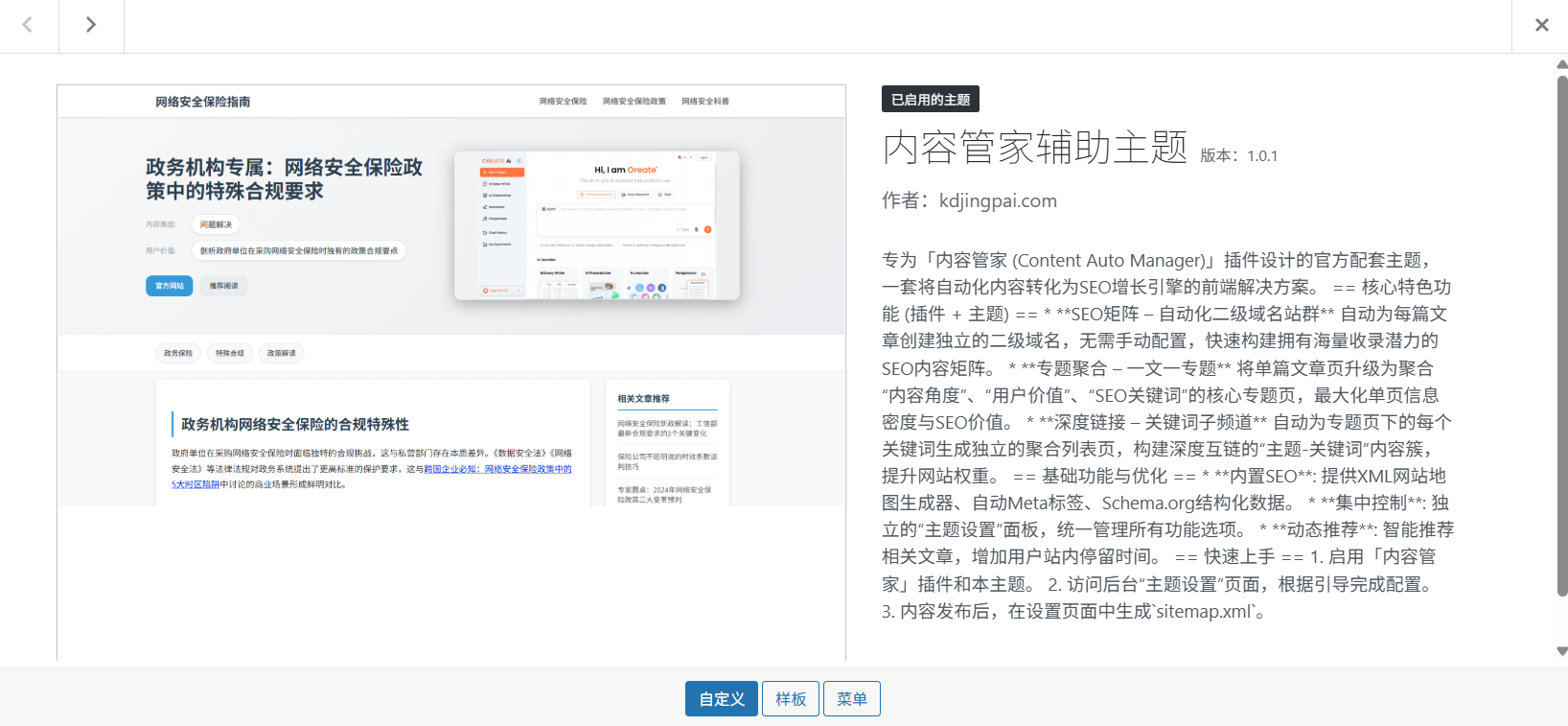Socratic Dialogue is EduChat's signature feature for teaching and learning, and its mechanism of operation consists of three levels:
- Function Activation: by setting in system_prompt the
Socrates: Enableto initiate the pattern, at which point the model actively employs a rhetorical strategy rather than answering the question directly - paradigm of dialogWhen the user asks a conceptual question (e.g., "What is justice?"), the model breaks down the core concepts and guides thinking through a ladder of questions. , the model breaks down the core concepts and guides thinking through stepped questions:
- Ask for a definition first ("How would you define the core elements of justice?")
- Then by hypothesis testing ("Is it justice if the majority is satisfied at the expense of the minority?")
- Finally lead to self-consistency validation ("Does your previous definition explain this case?")
- pedagogical adaptation: The depth of the questions will gradually increase with each dialog round, and the teacher can use the
temperatureParameters (0.7-1.0 recommended) Adjust the exploratory nature of questioning for different age groups of students
In practice, this function is prominent in philosophy, ethics and other disciplines. For example, when discussing "fairness", the model will guide the distinction between procedural fairness and outcome fairness, which is more capable of cultivating critical thinking than the traditional Q&A model.
This answer comes from the articleEduChat: Open Source Education Dialogue ModelThe
































